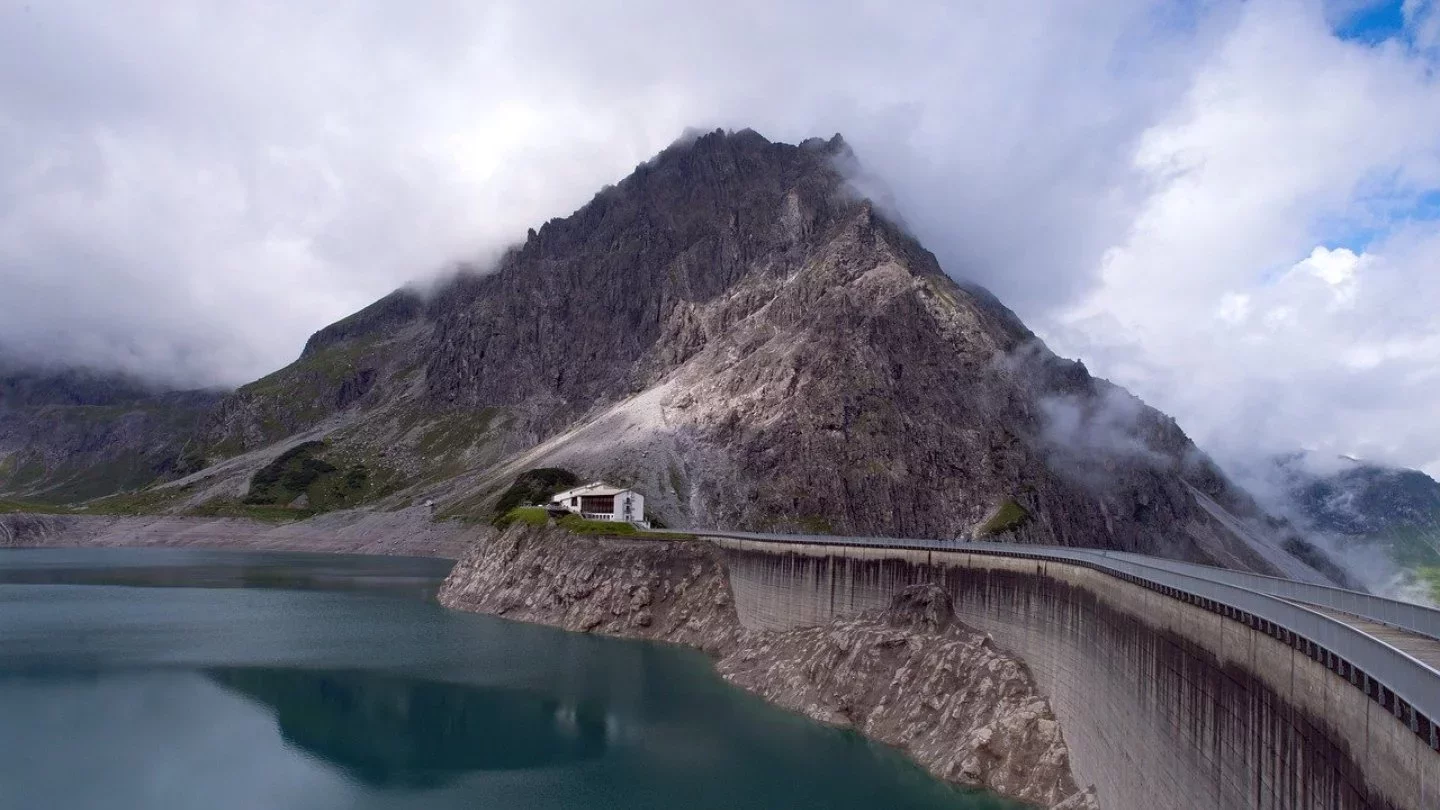Transboundary Watercourses and International Lakes: Kazakhstan's Senate Ratifies Water and Health Protocol
 Photo: Pixabay, illustrative purposes
Photo: Pixabay, illustrative purposes
The Senate has approved the ratification of the Protocol on Water and Health to the Convention on the Protection and Use of Transboundary Watercourses and International Lakes, Orda.kz reports.
Presenting the document, Senator Arman Utegulov reminded colleagues that Kazakhstan depends heavily on external water sources, with around half of its water originating beyond national borders.
We are one of the water-dependent states of Central Asia. Yet, our internal infrastructure is failing, 60–70% of water supply networks are worn out, and 40% of the rural population lacks full access to centralized water supply,
the deputy stressed.
He argued that water must be treated not only as an environmental challenge, but as a cross-sector policy issue affecting public health, economic growth, and regional stability.
The new Water Code, adopted in 2024, initiated important reforms, but it's not enough. Water quality and sanitation must meet international standards. And here, the Protocol on Water and Health plays a crucial role; it's a unique international agreement that brings together water and health issues worldwide,
Utegulov added.
Key Commitments
Under the agreement, participating countries must:
- Set measurable goals for improving drinking water, sanitation, hygiene, and public health
- Develop monitoring and early-warning systems for water-related diseases
- Prepare coordinated emergency response mechanisms
- Improve interagency cooperation on water safety and quality
- Expand public access to decision-making and information on water management
- Strengthen transboundary cooperation and international partnerships
Ratification grants Kazakhstan access to technical expertise and global best practices in drinking water treatment, wastewater disposal, and reuse, as well as joint surveillance systems and early-response planning.
The move follows President Qasym-Jomart Toqayev's signing of several bilateral agreements with Uzbekistan on November 15 in Tashkent — among them, a Supreme Interstate Council decision to establish a joint working group to forecast water flow in shared rivers.
Original Author: Anastasia Prilepskaya
Latest news
- The War in Iran Opens a Window of Opportunity for Kazakhstan’s Oil Sector, Analysts Say
- Iran Conflict Escalates Beyond the Gulf: What Kazakh Experts Say About Risks for Central Asia and Kazakhstan
- Kazakhstan Prepares Possible Evacuation of Its Citizens From Iran
- LRT in Astana Is Reaching the Finish Line: The Launch Is Expected in the Coming Months
- Kazakhstan Ready to Help the UAE Amid Escalation in the Region
- Tokayev Discusses Middle East Escalation With Qatar’s Emir
- Airlines Ready to Bring Kazakhstanis Home From the Middle East
- Tokayev Sends Support Messages to Gulf Leaders Amid Regional Escalation
- Kazakhstan Bans Its Airlines From Flying Over Several Middle East Countries
- Astana Strengthens Security Measures Amid Escalation Around Iran
- Tokayev Meets U.S. Ambassador Stufft, Discusses Board of Peace Cooperation
- Mangystau Launches AI-Assisted School Monitoring to Prevent Teen Suicidal Behavior
- Kazakhstan to Supply UK With Critical Minerals
- AI Faculties for Educators to Open in Kazakhstan: What Other Changes Are Coming to the Education Sector
- There Are Medals — But Not Enough Ice: What’s Happening to Figure Skating in Kazakhstan
- Is Kazakhstan’s Nuclear Power Plant Project at Risk After New UK Sanctions? Rosatom Responds
- Prosecutor General’s Office Suspends Extradition of Navalny Ex-Staffer Detained in Almaty
- Former EBRD Executive Jürgen Rigterink Elected as New Independent Director on Bank RBK’s Board of Directors
- Kazakhstan Near Bottom of Retirement Comfort Ranking
- Kazakhstan to Open New International Flights Across Asia, the Middle East and Europe

